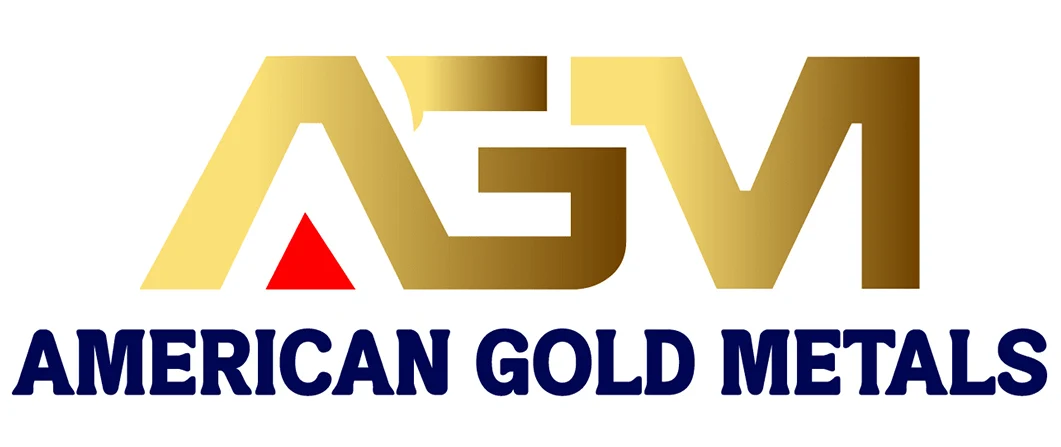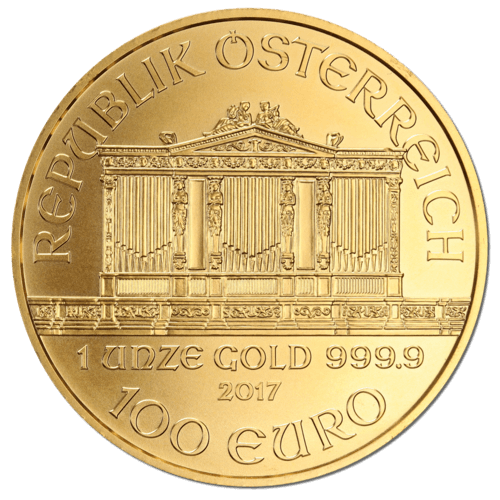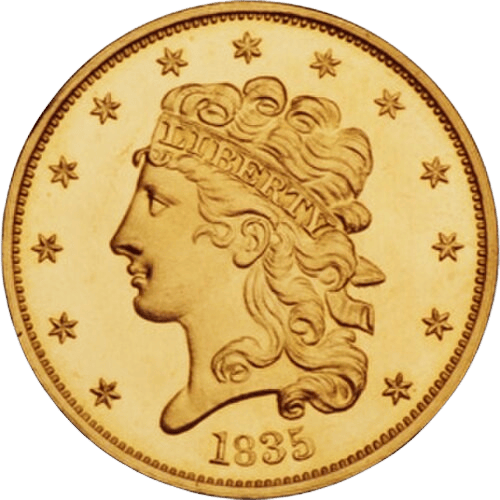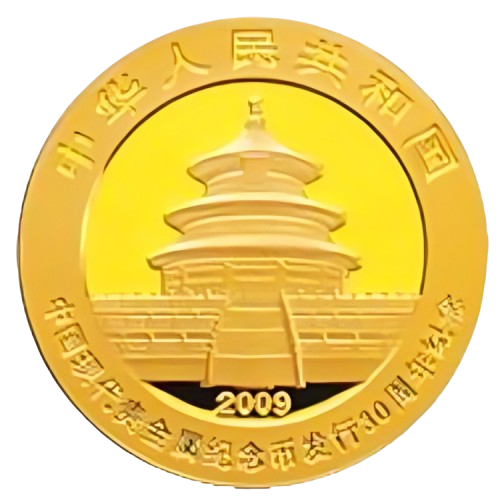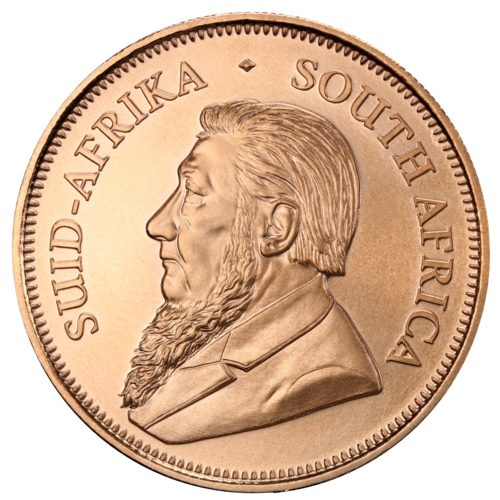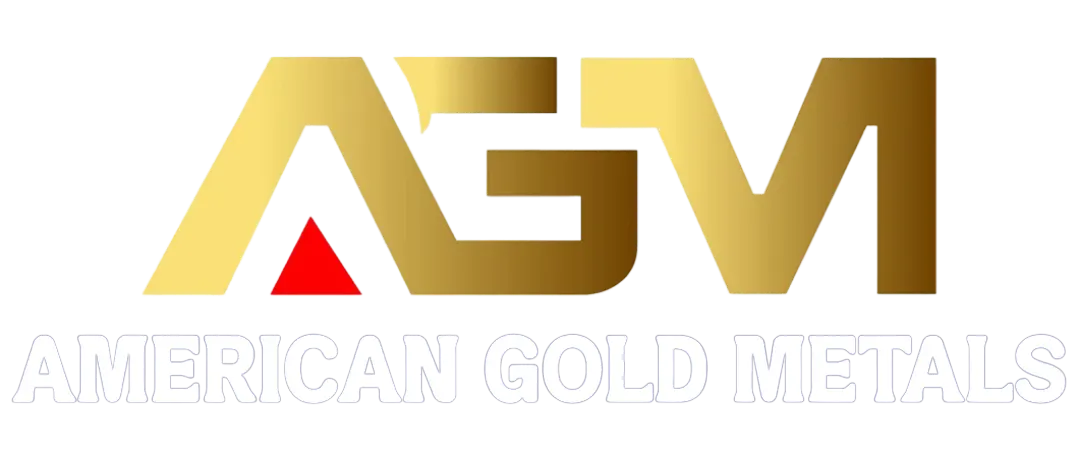Indian Head
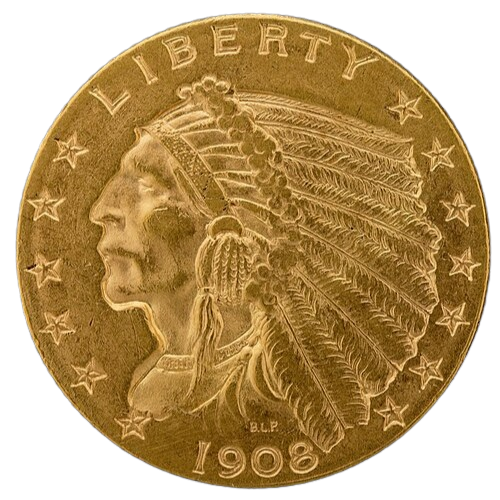
About The Indian Head Coin

Obverse Indian Head Coin
Design : Native American male in headdress
Designer : Bela Lyon Pratt
Design date : 1908
Reverse Indian Head Coin
Design : Standing eagle
Designer : Bela Lyon Pratt
Design date : 1908
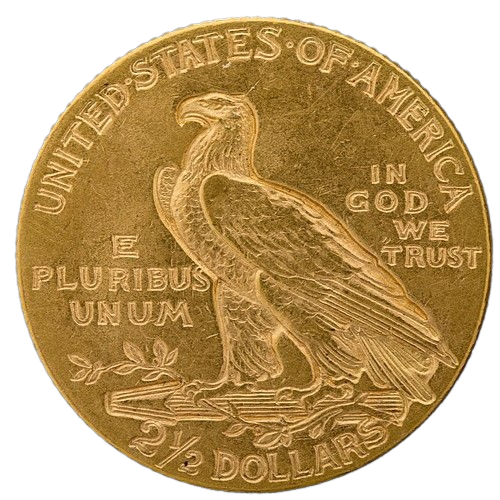
Coin Weights
NA
Indian Head Coin Specifications
Indian Head quarter eagle ($2.50)
Value : 2.5 United States dollars
Mass : 4.18 g
Diameter : 18 mm
Edge : reeded
Composition : .900 gold, .100 copper
Gold : .12094 troy oz
Years of minting : 1908–1915, 1925–1929
Mint marks : D. Located to left of arrowhead on reverse. Philadelphia Mint pieces lack mint mark.
Frequently Asked Questions
FAQs
There are three important reasons to consider American Gold Metals Inc. After acquiring your precious metals, we provide a follow-up service designed to keep you informed on economic and/or geopolitical events that could affect the gold or silver market. Keeping you informed in real time allows you to be proactive in your decisions.
Second: We are a member of NGC (Numismatic Guarantee Corporation), PCGS (Professional Coin Grading Service) and ANA (American Numismatic Association). We are also a company with decades of precious metals experience. We believe that integrity still matters and our record of service to our clients is a priceless commodity.
Finally by substantially reducing overhead costs, and running a more efficient, customer oriented business, we are able to provide the very best prices for precious metal products.
Setting up a precious metals IRA involves several steps:
1. Choose a custodian: Select a reputable custodian specializing in self-directed IRAs that handle precious metals.
2. Fund the account: Transfer or rollover funds from an existing IRA or 401(k).
3. Purchase metals: Work with a dealer to buy IRS-approved precious metals.
President Theodore Roosevelt, from 1904, vigorously advocated new designs for United States coins, and had the Mint engage his friend, the sculptor Augustus Saint-Gaudens, to design five coins (the four gold pieces and the cent) that could be changed without congressional authorization. Before his death in August 1907, Saint-Gaudens completed designs for the eagle ($10 piece) and double eagle, although both required subsequent work to make them fully suitable for coining.
With the eagle and double eagle released into circulation by the end of 1907, the Mint turned its attention to the half eagle and quarter eagle, originally planning to duplicate the double eagle’s design. The Mint had difficulty fitting the required inscriptions on the small gold coins. President Roosevelt, in April 1908, convinced Mint Director Frank Leach that it would be a better idea to strike a design similar to that of the eagle, but below the background, to secure a high-relief effect. Such coins were designed by Boston sculptor Bela Lyon Pratt at the request of the President’s friend, William Sturgis Bigelow. After some difficulty, the Mint was successful in this work, though Pratt was unhappy at modifications made by the Mint’s engravers, headed by longtime Chief Engraver Charles E. Barber.
The two pieces were struck until World War I caused gold to vanish from circulation, and then again in the late 1920s. Neither coin circulated much; the quarter eagle saw popularity as a Christmas present. In 1933, President Franklin Roosevelt stopped the issuance of gold in coin form, and recalled many pieces which were in private or bank hands.
